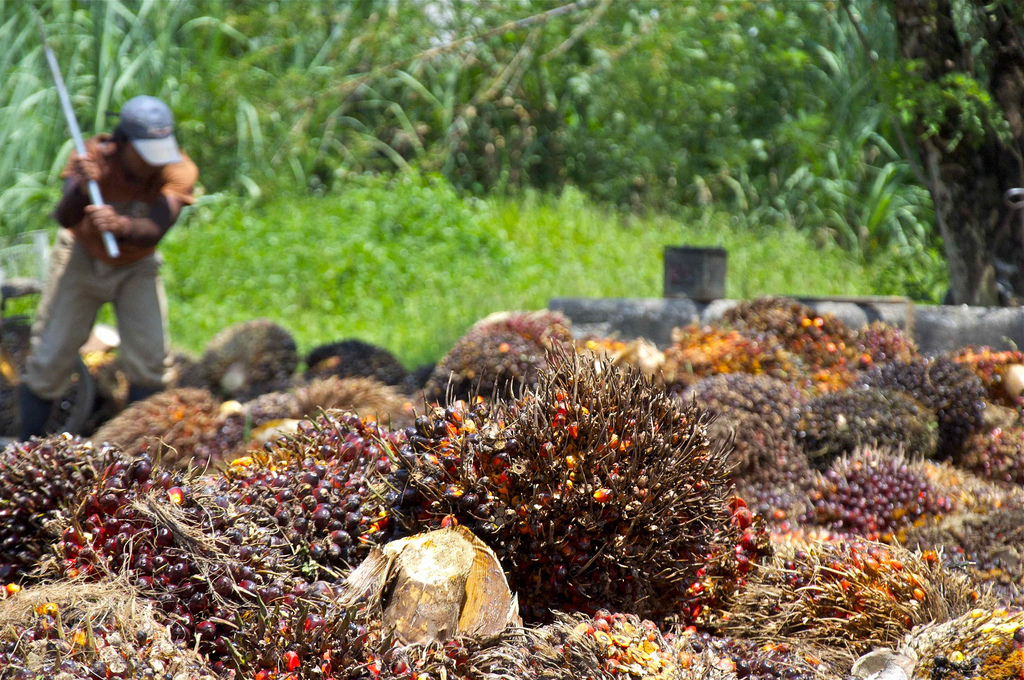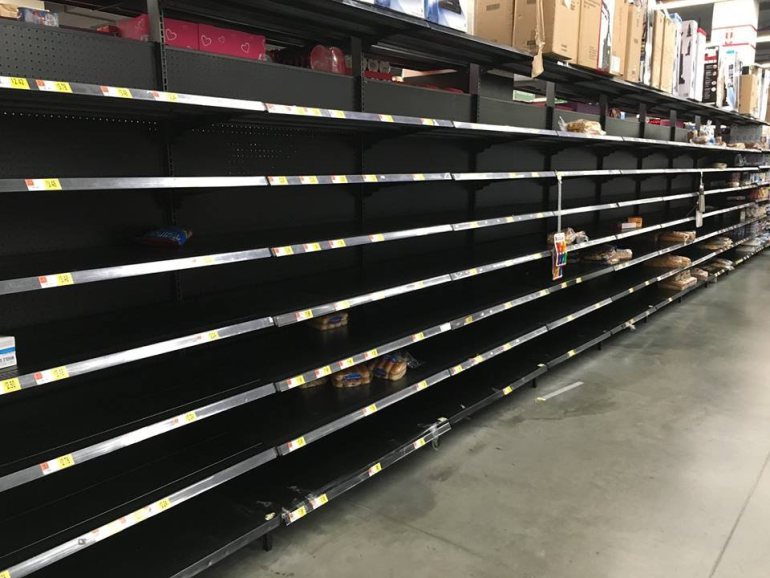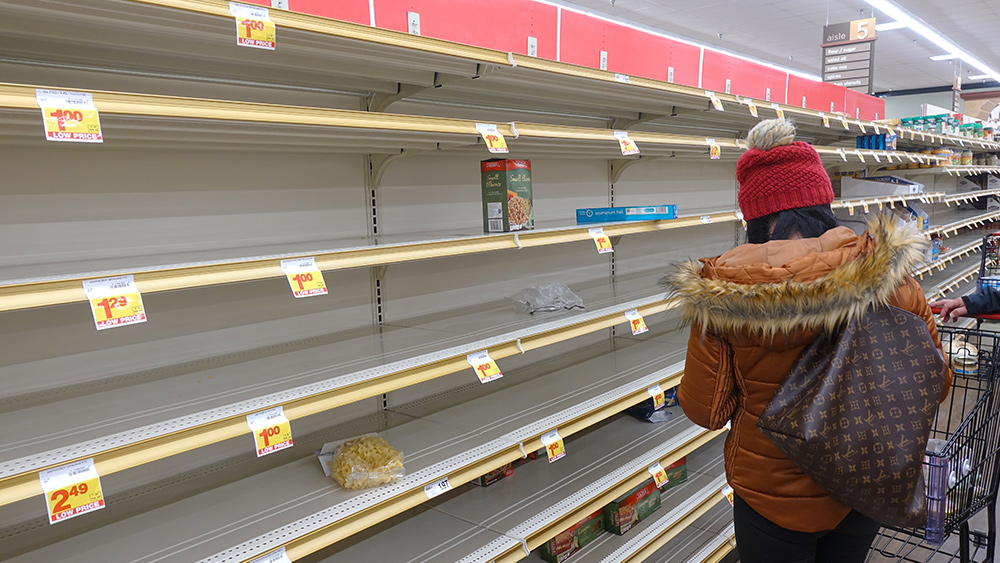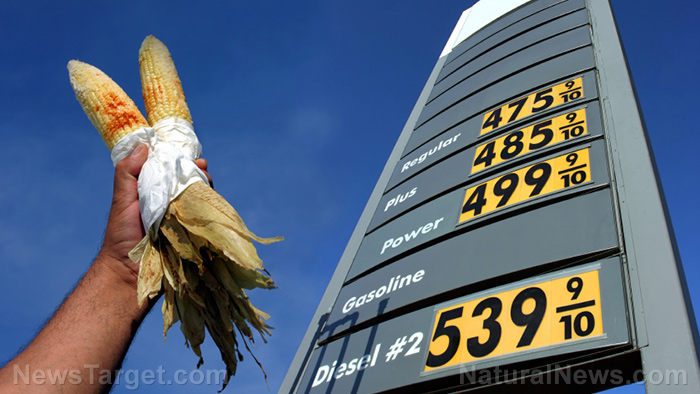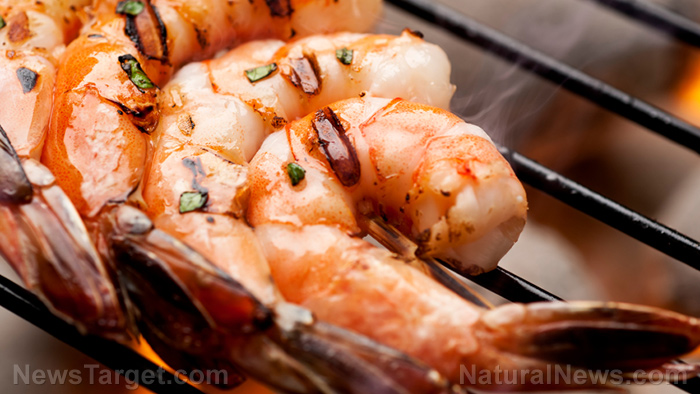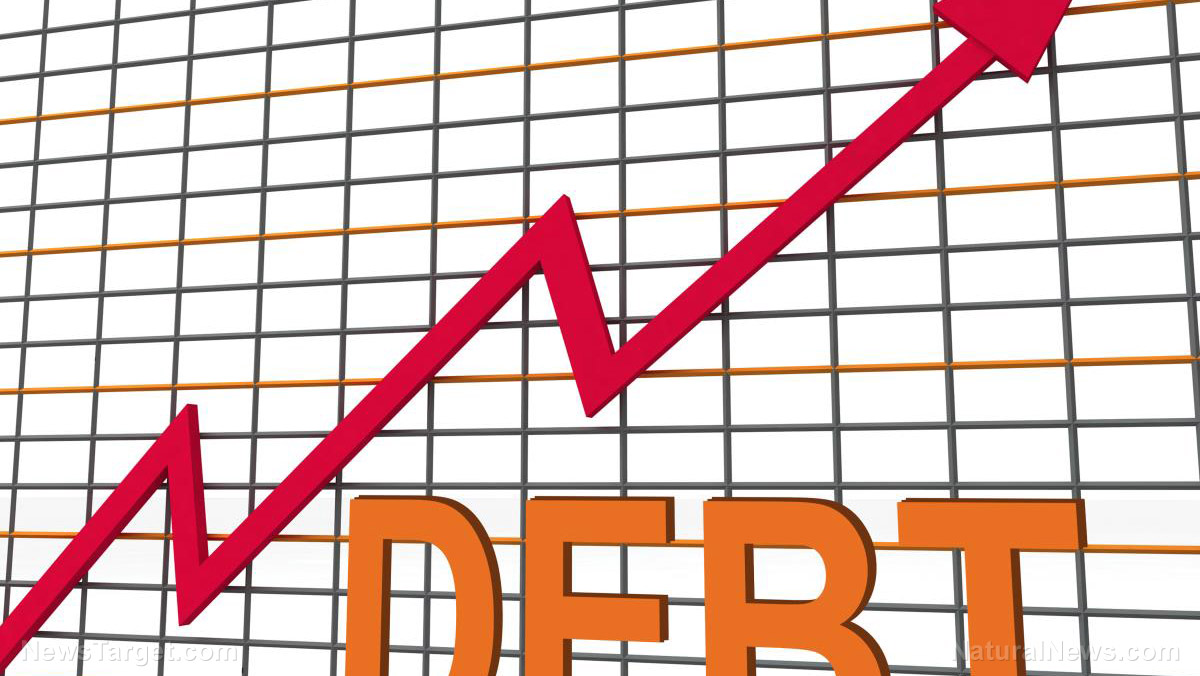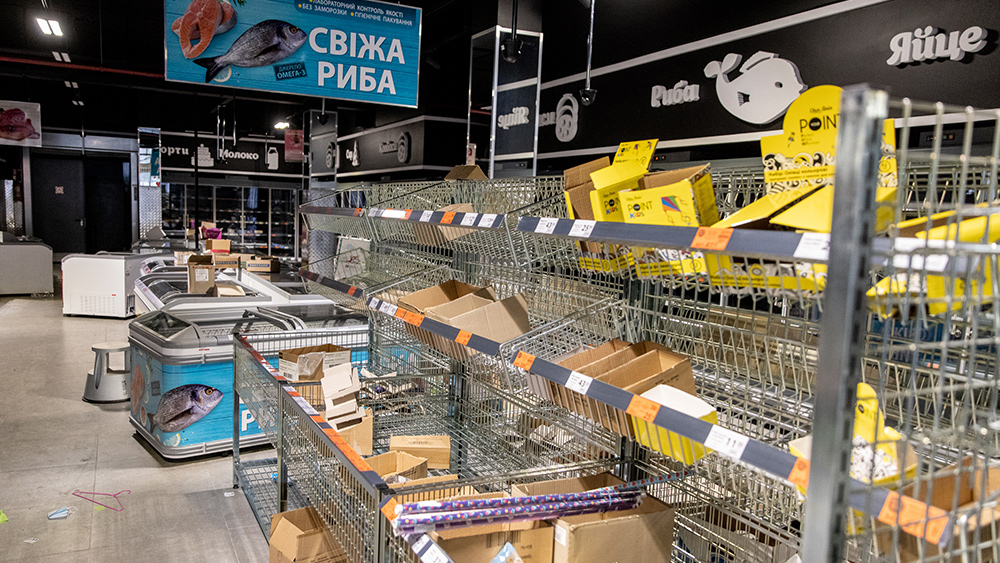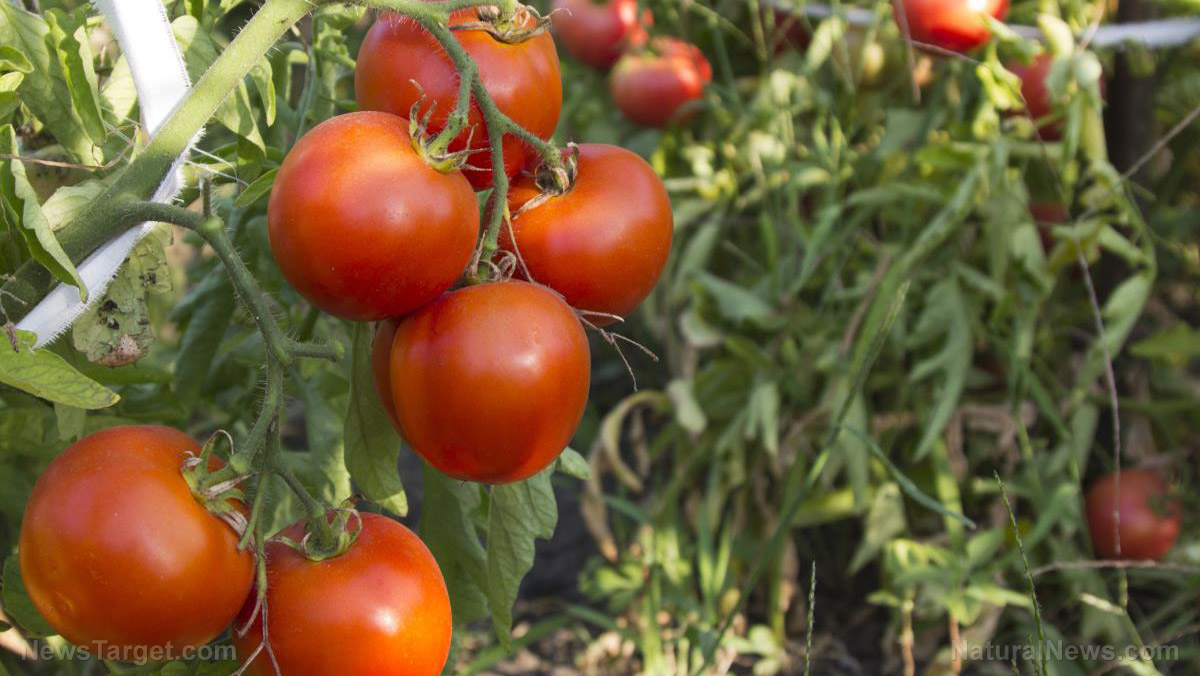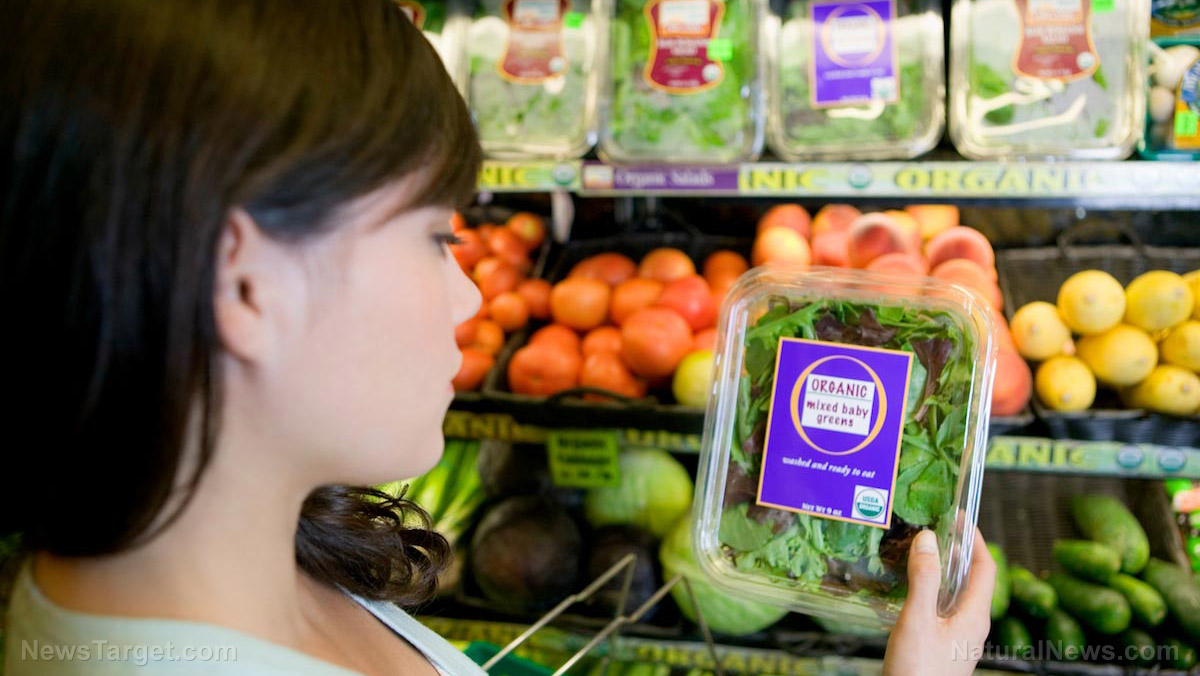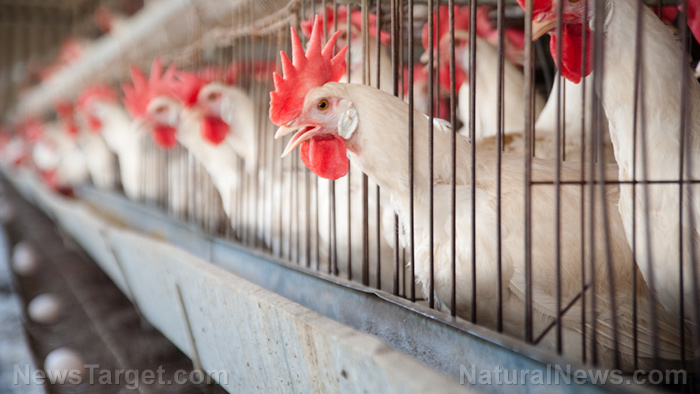Argentina bans beef exports in attempt to control record-high levels of food inflation
09/13/2021 / By Arsenio Toledo

Argentina is temporarily halting its export of beef in an unorthodox move to try to contain runaway inflation in the country. Economists say this will only lead to higher levels of inflation in the long run.
According to a statement released by the country’s Ministry of Productive Development, this decision was first announced when President Alberto Fernandez spoke with representatives of one of the country’s key beef export associations. He told them that they will not be allowed to sell beef products abroad for 30 days. While the proposed ban was announced on Monday, Fernandez did not set a date for when it will start.
“The president expressed his concern over the sustained increase in domestic beef prices over the last few months,” wrote the government in its statement.
The Production Ministry said that, during the ban, the government will establish a set of emergency measures to help keep the industry from overinflating once the beef export ends. During his meeting with the beef export group, Fernandez said one of the possible solutions was to restrict price speculation and fiscal evasion.
Export ban to prevent domestic beef prices from soaring
“The issue with beef prices clearly got out of control,” said Fernandez during an interview with a local radio station the morning after he announced the beef export ban.
Argentina is the fifth largest exporter of beef in the world, accounting for around 7.58 percent of all beef exports. The country’s beef exports have been booming for the past few years thanks to high demand, mostly coming from China. In 2020, at the height of the Wuhan coronavirus (COVID-19) pandemic, exports accounted for over $3.4 billion. Beef exports reached a record high in the first two months of the year.
According to Fernandez, this international demand heavily distorted domestic prices, leading to a fall in consumption. Fernandez is worried about the political ramifications of this, and he and his government can no longer tolerate the runaway inflation. The country’s level of inflation has been surging since the beginning of Fernandez’s presidency and is currently at a 32-year high. (Related: INFLATION: Prices of groceries, gas rise as Biden’s money printing machine goes into overdrive.)
“We can’t keep watching beef prices rise month by month without any justification,” he said.
Beef consumption in Argentina peaked in 2009 when annual per capita beef consumption was around 69 kilograms (152 pounds). Per capita consumption has now fallen to a record low of 48 kilograms (106 pounds).
The decrease in consumption has been spurred on by the increase in retail beef prices. In the Buenos Aires Province, the country’s largest and most populated region, prices have increased by more than 65 percent over the last year alone.
Fernandez said that the 30-day export ban could end early if his government’s measures lead to “positive results.”
Beef industry strongly criticizes export ban, plans nine-day strike in protest
Four of Argentina’s largest farming associations have strongly criticized the government’s decision. On Tuesday morning, May 18, they told their members to go on a nine-day strike, beginning on Thursday, in protest.
Argentinians working in the farming industry believe the surge in beef prices is due to rising costs in local production, including how much farmers need to shell out to transport the beef all over the country. Prices have also been rising for the grains they need to feed the cows, which are mostly imported from overseas.
They believe a ban on exports will force the Argentinian government to give up a lot of much-needed foreign currency, especially now that the central bank’s reserves of foreign money are close to zero.
“They are shooting themselves in the foot,” said one beef exporter. He believes that his country’s big clients in China and Europe will have no problem looking elsewhere for more reliable beef suppliers, such as competitors in neighboring Uruguay, Paraguay or Brazil.
“Winning the markets back after this disastrous mistake will be very hard, and will mean selling at a lower price,” he added.
Farmers say that the beef sold for export, which is more expensive because it is fattened with grains, will have to be sold at a heavy discount in the local market.
Many of the country’s cattle farmers are already angry with Fernandez’s government because it compressed the industry’s profit margins by raising export taxes and forcing them to convert some of their profits into foreign currency at a steep discount.
This discontent is raising concerns about a strike the size of which has not been seen since 2008 when repeat farming strikes devastated the entire industry.
The 2008 strike was triggered by similar interventionist policies implemented by then-president Cristina Fernandez de Kircher, who now serves as the country’s vice president. Fernandez, who was the cabinet chief at the time, was forced to resign due to the impact of the strike.
During the strike, exports fell by more than half, the country’s cattle stock shrunk by 20 percent and over 12,000 industry workers lost their jobs.
“The government is repeating the same big mistake they made 13 years ago and the results will be as bad or worse,” said the beef exporter.
Beef products make up about five percent of the country’s total exports. This represents a significant recovery from 2008. If Fernandez’s government continues to intervene in the agricultural sector, many farmers believe this will only lead to another industry collapse.
Learn more about how government intervention causes industries to collapse by reading the latest articles at MarketCrash.news.
Sources include:
Submit a correction >>
Tagged Under:
Alberto Fernandez, Argentina, beef, economics, economy, exports, fiat currency, finance, food inflation, food prices, grocery, hyperinflation, Inflation, market crash, meat prices, price increases, strike
This article may contain statements that reflect the opinion of the author
RECENT NEWS & ARTICLES
COPYRIGHT © 2017 GROCERY NEWS


